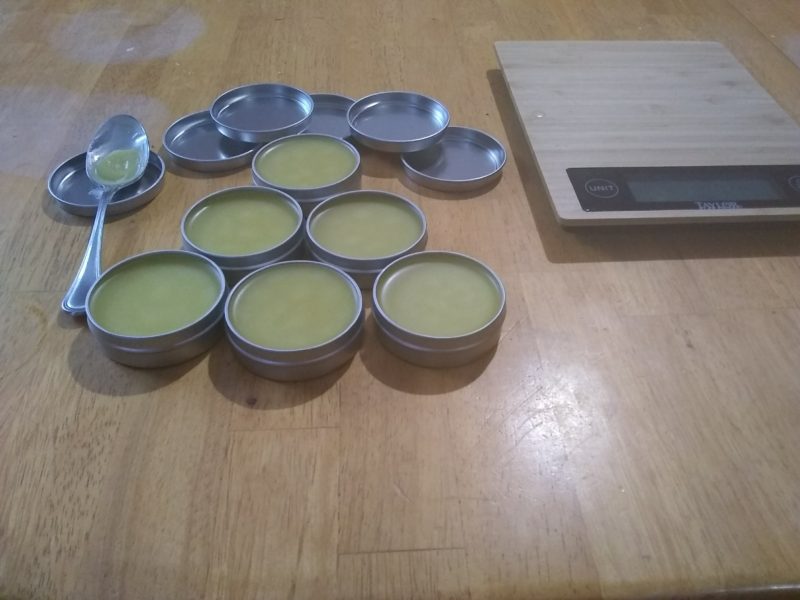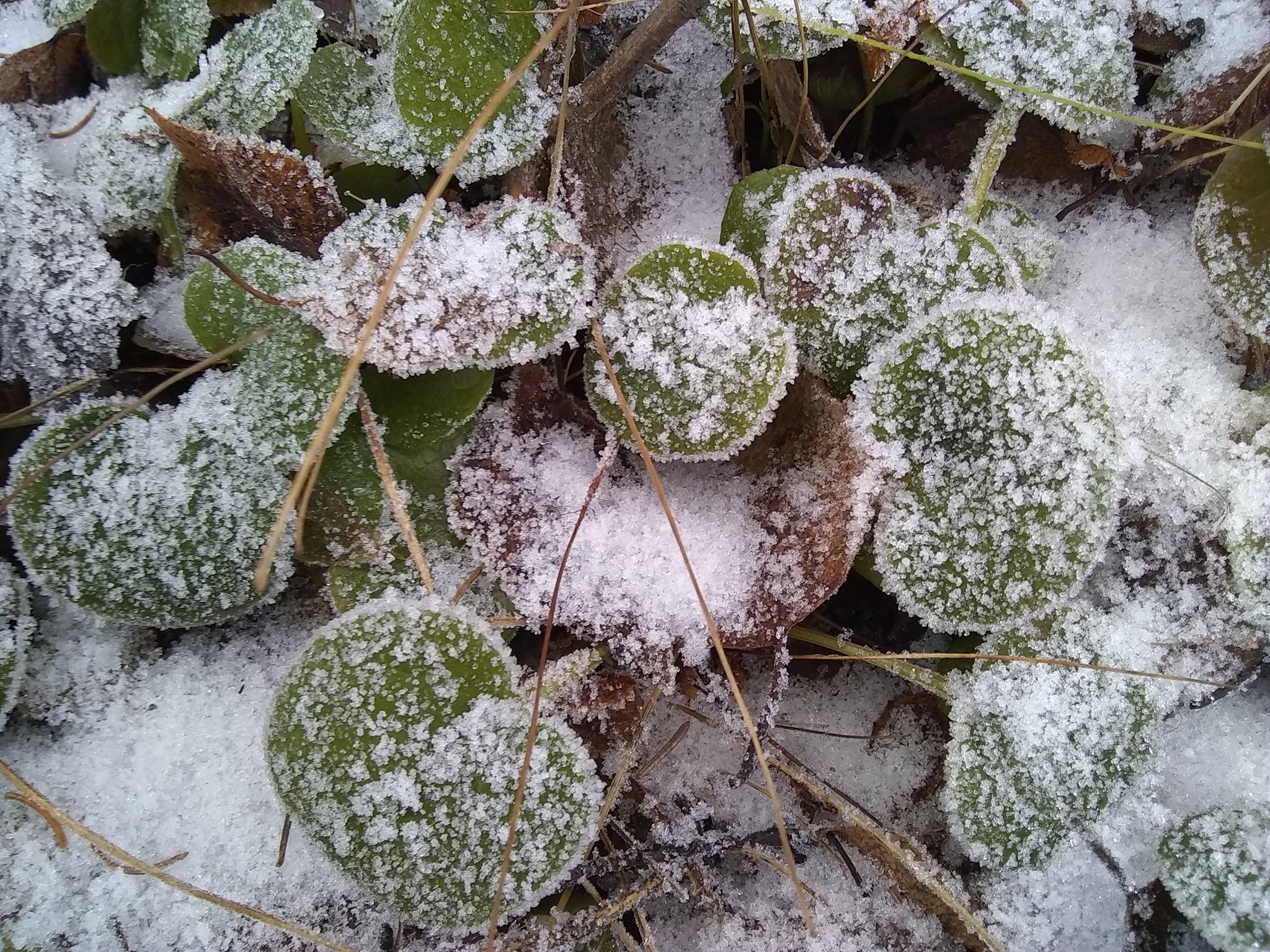Good day! You might that I use Olive Oil for my balms. However it is not the only carrier oil out there. There are a lot out there with different properties to them. You’ll see why it’s my preferred carrier oil below, but let’s check out others that are available. These have been chosen because of their ability to actually absorb the medicinal properties out of herbs themselves.
Almond oil – Made from almond seeds, usually labeled as sweet almond oil. What is nice about almond oil is that it is odorless. In addition to being a light oil, it absorbs well into the skin. Speaking of absorbing into the skin, almond oil is rich in vitamins E to help moisturize and build skin.
Apricot Kernel Oil – Made from the seeds (kernel) of apricots. This light oil is rich in fatty acids, oleic and linoleic acids. This means that it can help make the skin nice and soft. It is anti-bacterial and has antioxidants to help make your skin look younger.
Lard – lard is made from animal fat, typically pig. However, bear has also been used successfully. While lard is not technically an oil, it is a carrier that has been used throughout history as long as, if not longer than, vegetable carrier oils. It penetrates well into the skin, so it can help the medicinal properties go further. It can even help your overall skin tone.

Olive Oil – Made from the olive fruit. One of the reasons (besides price) that I use olive oil as my main carrier oil is the antibacterial and anti-inflammatory effects that it has. It is also easily absorbed through the skin, and has the least amount of allergic reactions out there as far as oils go.
Coconut Oil/Butter – Made from the “meat” of the coconut. It does have a coconut odor, and some people do have an allergic reaction to it. It is solid at room temperature, so if you want to infuse herbs into it, you have to use the heated method to do so. However, due to it high amount of fatty acids, it is good for moisturizing dry itchy skin. It even has a slight SPF to use as a sunscreen! Coconut oil can also be used as a secondary oil if you don’t want to use it as the only oil in what you’re making.

Excellent question, I’m glad you asked!
Wait…that’s it for carrier oils? But what about avocado or grapeseed oil? There are SOOO many oils out there why would you only talk about three or four of them?
There are a lot of different oils out there. I want to reiterate what I said at the beginning of this post: These are the best for bringing out the medicinal properties of herbs.
That’s not to say that you can’t use other oils in your makings, they just won’t be the ones that you infuse with plants.
Next week I will be going over secondary oils. This will be by no means an exhaustive list, as one can make an oil out of pretty much any type of plant out there. See you next week!




